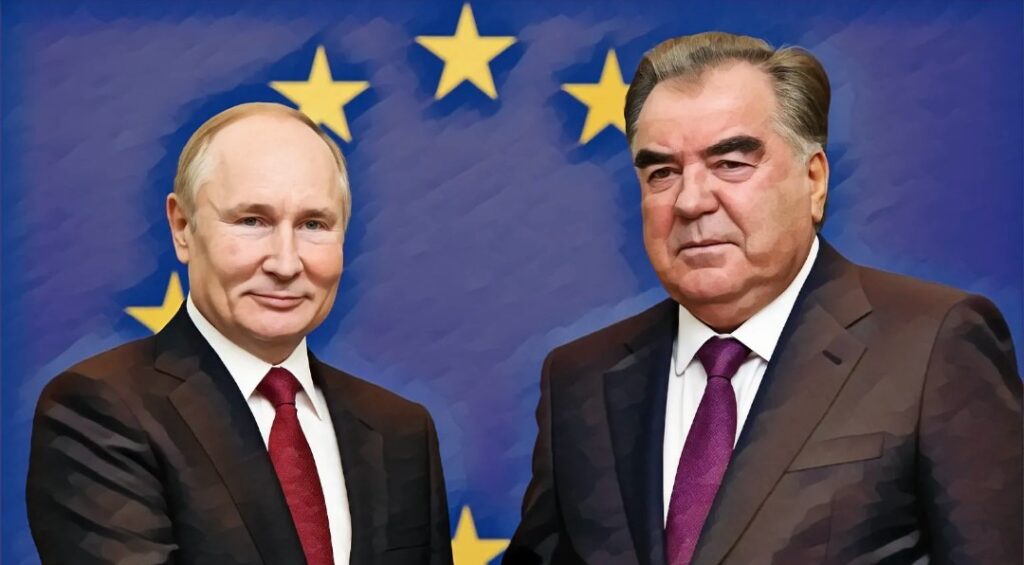Launched in 2013, Tajikistan’s police reform aimed to modernize law enforcement, increase transparency, and build public trust. Twelve years later, while some progress is acknowledged, experts say the main objectives remain largely unfulfilled. Signs of Progress Sadriddin Saidov, chairman of the Sughd regional branch of the Bar Association, notes improved accessibility to law enforcement. “Now citizens can file complaints through hotlines or electronically, which means people can reach out at any time,” he said. In remote areas, mobile police units, minibuses outfitted as service offices, now provide legal consultations and assistance. Gulchehra Kholmatova, Head of the Legal Assistance Group of the Civil Society Coalition against Torture and Impunity in Tajikistan, said there is increasing dialogue between civil society and the state. NGOs are more frequently invited to discuss human rights issues and, in some cases, are granted access to detention centers. Recent legislative changes have guaranteed detainees access to legal counsel and introduced safeguards against abuse. With international support, Tajik police officers now undergo human rights training aimed at preventing torture. Human rights advocate Larisa Aleksandrova cites specific gains in addressing domestic violence. The number of inspectors focused on preventing family violence has risen from 14 to 22, improving the registration and response to complaints. “The number of appeals to police regarding domestic violence has risen, and case registration has improved,” she said. Where the Reform Falls Short Yet many argue these reforms are more cosmetic than structural. Lawyer Bakhtiyor Nasrulloev contends the process resembles “degradation” rather than progress. “Access to local police stations has become more complicated due to multi-level controls and guards. This creates the impression that the police are distancing themselves from society, not moving closer,” he said. Nasrulloev criticized the reform as superficial, focusing on new uniforms and rebranding without addressing systemic issues. Kholmatova notes that public oversight of detention facilities remains weak, and torture cases often go unpunished. Aleksandrova adds that the reform slogan, “My police protect me,” has yet to become reality. “Nothing changes fundamentally. Even those who want to work honestly are constrained by a rigid system of control and subordination,” she said. Experts point to lingering Soviet-era practices, where success is measured by the number of cases opened rather than investigative quality. For Saidov, a key obstacle is low public engagement. “Reforms will succeed only if citizens actively express their opinions and proposals,” he said. Aleksandrova also highlights insufficient gender sensitivity in police responses to discrimination and domestic violence. What Experts Propose To move forward, Nasrulloev has called for a major restructuring that would separate investigative bodies from the Ministry of Internal Affairs and remove them from prosecutorial control. He also suggested making district inspectors and patrol officers accountable to local governments to better address community needs. He recommended merging overlapping departments, including criminal investigations, drug control, and organized crime units, to reduce bureaucracy and increase efficiency. Kholmatova highlighted the need for independent monitoring, greater transparency, and training that follows international human rights standards. Aleksandrova proposed mandatory video recordings of interrogations and the...






